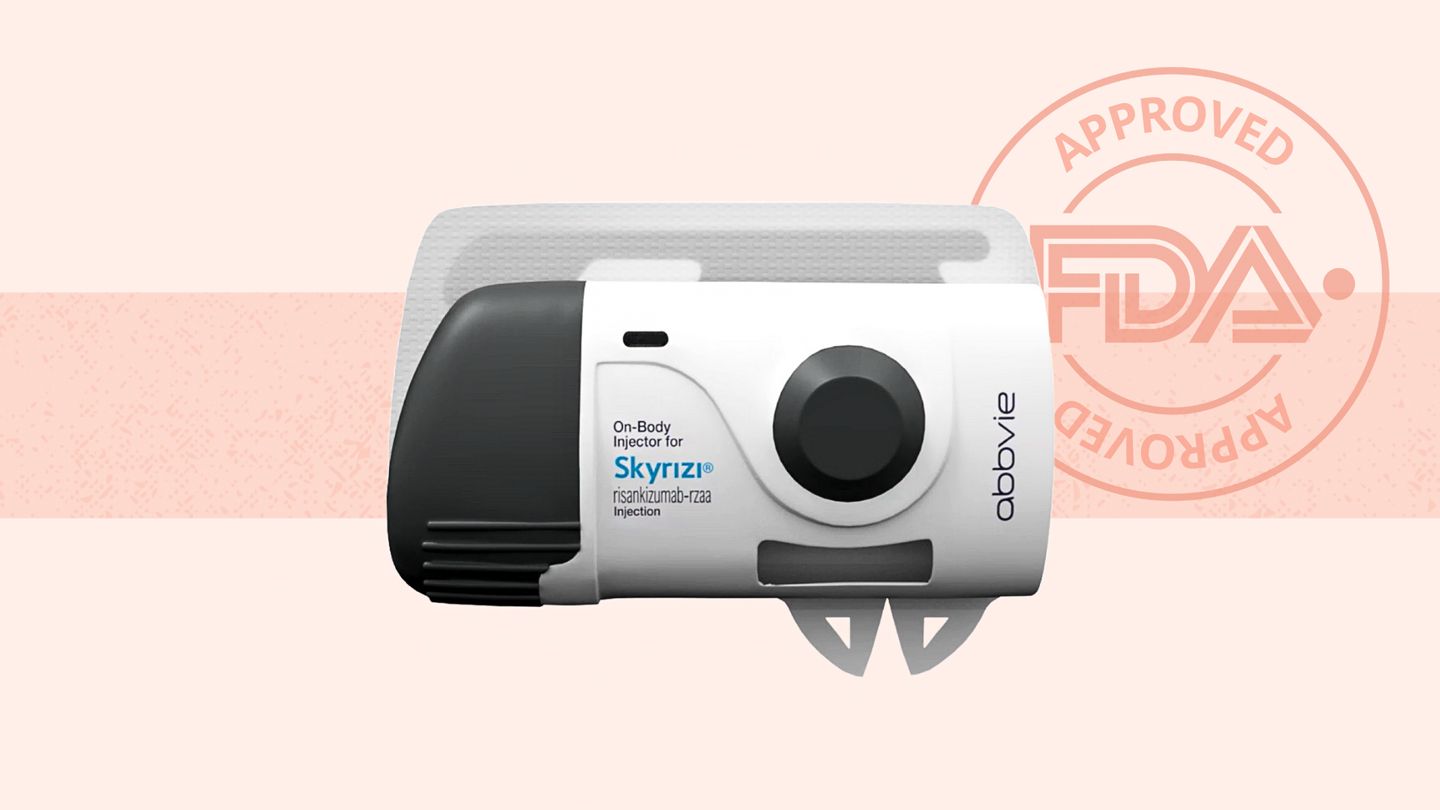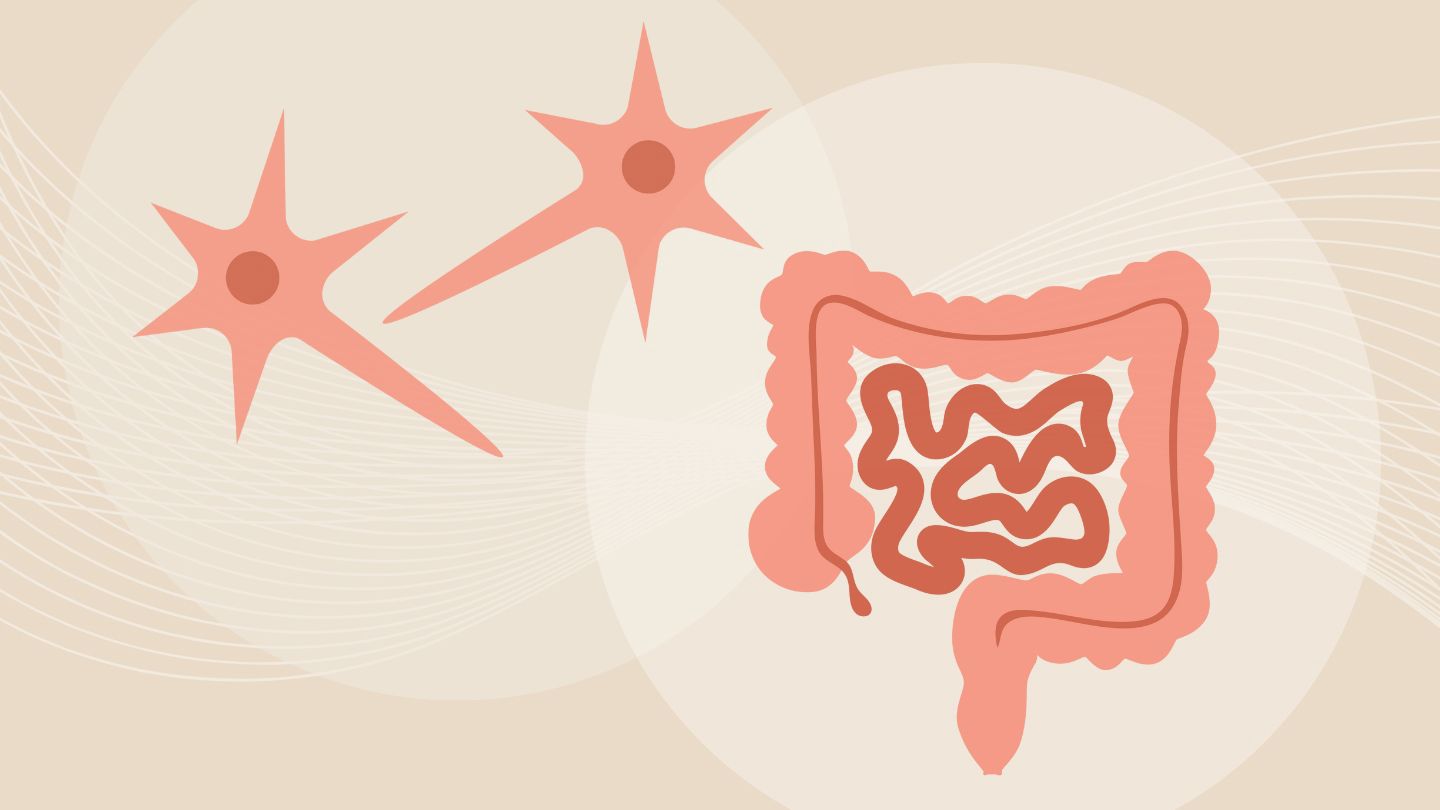What to Know About Diet and Nutrition When You Have Ulcerative Colitis
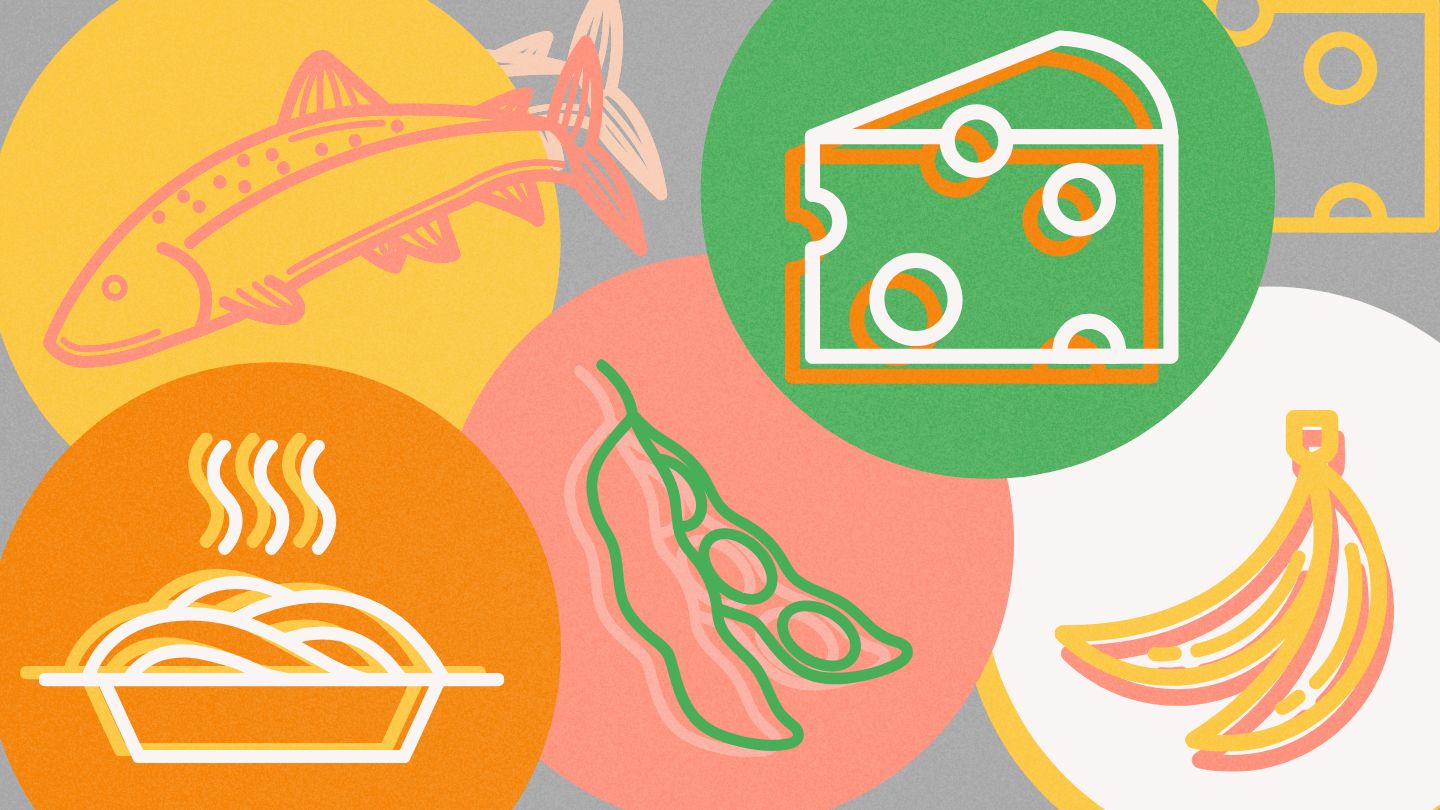
What Foods Can You Eat When You Have Ulcerative Colitis?
There is no one-size-fits-all diet for people living with ulcerative colitis. Your diet will likely vary when you are in remission versus when you have disease flares.
During remission, it’s important to maintain a nutrient-rich diet to stay healthy by eating foods like these:
- Fiber-Rich Food Beans, barley, nuts, oat bran, and whole grains are part of this category. But if you have an ostomy or intestinal narrowing, or have had a recent surgery, a low-fiber diet is advised.
- Foods High in Protein This includes lean meats, eggs, fish, and tofu.
- Fruits and Vegetables Include as many different colors of fruits and vegetables in your diet as you can.
- Calcium-Rich Foods Yogurt, collard greens, and milk (if you are not lactose intolerant) are among the offerings as well as calcium-fortified foods and drinks.
Foods to Eat When You Are Having a Flare
You may want to try the following foods:
- Bananas
- White or sourdough bread
- Crackers made with white flour (not whole-grain flour)
- White rice (not brown rice)
- Cheese (if you’re not lactose intolerant)
- Diluted fruit juices and sports drinks
- Applesauce
- Canned fruit
- Smooth peanut butter
- Plain cereal
- Refined pasta (not whole grain)
- Broth
- Cooked vegetables
- Potatoes without skin
- Broiled or steamed fish
- Plain turkey, chicken, or eggs
Keeping a food journal can help you figure out which foods bother you and which ones don’t.
Foods high in omega-3 fatty acids include these items:
- Salmon
- Mackerel
- Flaxseeds
- Chia seeds
- Walnuts
- Soybeans
What Foods Should You Avoid When You Have Ulcerative Colitis?
While no foods have been clearly found to worsen inflammation or ulceration in ulcerative colitis, some foods may make symptoms such as cramping and diarrhea worse.
High-fiber foods include these items:
- Fresh fruits
- Prunes
- Legumes like beans and lentils
- Nuts
- Seeds
- Uncooked vegetables or vegetables with skin
- Cruciferous vegetables like broccoli and cabbage
- Whole grains
Greasy, fried, or high-fat foods such as butter, margarine, and cream may also cause diarrhea.
Approach some other foods and beverages cautiously:
- Alcoholic Beverages Drinking alcohol can make diarrhea worse.
- Caffeine This substance found in coffee, tea, chocolate, and many soft drinks can trigger diarrhea.
- Carbonated Beverages Fizzy drinks can cause bloating and gas in some people.
- Grains Some grains may cause abdominal discomfort and diarrhea, especially if you’re sensitive to gluten.
- Dairy Products These foods may cause bloating and diarrhea, especially if you’re lactose intolerant. But they can be a good source of protein and other nutrients.
- Spicy Foods These foods may trigger diarrhea.
- Sweets High-sugar foods and beverages like candy and juices can contribute to water loss and dehydration.
- Ultra-Processed Foods Soft drinks, refined sweetened foods, salty snacks, and processed meat are part of this category.
Some people will have more trouble with certain foods and beverages than others. It’s important to find out which foods cause you digestive discomfort and then avoid them.
Getting Enough Fluids When You Have Ulcerative Colitis
The colon absorbs water from digested food and moves solid waste out of the body. When your colon is inflamed during an active bout of ulcerative colitis, it doesn’t absorb water properly, which can lead to diarrhea and dehydration.
That’s why it is so important to drink enough fluids when your ulcerative colitis is active.
If you weigh 150 lbs, for example, you need at least 75 oz of fluid a day, or more than 9 cups. Most beverages, and even some high-water foods like watermelon and cucumbers, count toward this total.
Since drinking ice-cold liquids or consuming too much fluid at once can worsen diarrhea, it’s best to take sips of warm or cool beverages throughout the day.
Avoid gulping fluids, since this can aggravate diarrhea and cause you to swallow air along with the fluid, resulting in burping.
Getting Enough Nutrients When You Have Ulcerative Colitis
Ulcerative colitis can make it difficult to get the nutrition you need — in terms of both major components of your diet, like protein, and specific vitamins and minerals.
You may need to take vitamin or mineral supplements to make up for nutrient deficiencies caused by ulcerative colitis, your diet, or the medication you take to treat the disease.
Talk to your doctor or registered dietitian nutritionist about what supplements, if any, you may need.
Focus on two major nutrition categories:
- Total Calories Since ulcerative colitis can reduce your appetite while increasing your calorie needs, you may need to consume more calories than you’re used to.
- Protein When you’re in remission, an adequate intake of protein is usually considered 1 gram (g) each day for each kilogram (kg) — about 2.2 lbs — of body weight.
This means that if you weigh 150 lbs (68 kg), you should consume 68 g of protein daily.
People with ulcerative colitis are at an increased risk for deficiency of the following vitamins and minerals:
- Folate, especially if you take sulfasalazine (Azulfidine)
- Magnesium, especially if you have chronic diarrhea
- Calcium, especially if you take prednisone (Deltasone)
- Iron, especially with greater blood loss from severe disease
- Potassium, a higher risk with chronic vomiting or diarrhea, or if you take prednisone
Eating during a disease flare may cause abdominal cramping. One way to minimize this discomfort is by eating frequent, small meals of bland foods.
If you’re having trouble finding foods that don’t worsen your symptoms, or if you’re losing weight because of that difficulty, consult a registered dietitian who is knowledgeable about inflammatory bowel disease.
Additional reporting by Ali McPherson and Quinn Phillips.
Everyday Health follows strict sourcing guidelines to ensure the accuracy of its content, outlined in our editorial policy. We use only trustworthy sources, including peer-reviewed studies, board-certified medical experts, patients with lived experience, and information from top institutions.
Sources
- Ulcerative Colitis: Symptoms and Causes. Mayo Clinic.
- A Mendelian Randomization Analysis Investigates Causal Associations Between Inflammatory Bowel Diseases and Variable Risk Factors. Nutrients.
- Ulcerative Colitis. Cleveland Clinic.
- What Should I Eat? Crohn’s & Colitis Foundation.
- Nutrition Tips for Inflammatory Bowel Disease. UCSF Health.
- Ulcerative Colitis: Diagnosis and Treatment. Mayo Clinic.
- Diet, Nutrition, and Inflammatory Bowel Disease. Crohn’s & Colitis Foundation.
Resources
- Ulcerative Colitis: Symptoms and Causes. Mayo Clinic. September 16, 2022.
- Saadh MJ, Pal RS, Arias-Gonzáles JL, et al. A Mendelian Randomization Analysis Investigates Causal Associations Between Inflammatory Bowel Diseases and Variable Risk Factors. Nutrients. February 27, 2023.
- Ulcerative Colitis. Cleveland Clinic. April 23, 2020.
- What Should I Eat? Crohn’s & Colitis Foundation.
- Nutrition Tips for Inflammatory Bowel Disease. UCSF Health.
- Ulcerative Colitis: Diagnosis and Treatment. Mayo Clinic. September 16, 2022.
- Diet, Nutrition, and Inflammatory Bowel Disease [PDF]. Crohn’s & Colitis Foundation. November 2013.

Reyna Franco, RDN
Medical Reviewer
Reyna Franco, RDN, is a New York City–based dietitian-nutritionist, certified specialist in sports dietetics, and certified personal trainer. She is a diplomate of the American College of Lifestyle Medicine and has a master's degree in nutrition and exercise physiology from Columbia University.
In her private practice, she provides medical nutrition therapy for weight management, sports nutrition, diabetes, cardiac disease, renal disease, gastrointestinal disorders, cancer, food allergies, eating disorders, and childhood nutrition. To serve her diverse patients, she demonstrates cultural sensitivity and knowledge of customary food practices. She applies the tenets of lifestyle medicine to reduce the risk of chronic disease and improve health outcomes for her patients.
Franco is also a corporate wellness consultant who conducts wellness counseling and seminars for organizations of every size. She taught sports nutrition to medical students at the Albert Einstein College of Medicine, taught life cycle nutrition and nutrition counseling to undergraduate students at LaGuardia Community College, and precepts nutrition students and interns. She created the sports nutrition rotation for the New York Distance Dietetic Internship program.
She is the chair of the American College of Lifestyle Medicine's Registered Dietitian-Nutritionist Member Interest Group. She is also the treasurer and secretary of the New York State Academy of Nutrition and Dietetics, having previously served in many other leadership roles for the organization, including as past president, awards committee chair, and grant committee chair, among others. She is active in the local Greater New York Dietetic Association and Long Island Academy of Nutrition and Dietetics, too.

Ingrid Strauch
Author
Ingrid Strauch joined the Everyday Health editorial team in May 2015 and oversees the coverage of multiple sclerosis, migraine, macular degeneration, diabetic retinopathy, other neurological and ophthalmological diseases, and inflammatory arthritis. She is inspired by Everyday Health’s commitment to telling not just the facts about medical conditions, but also the personal stories of people living with them. She was previously the editor of Diabetes Self-Management and Arthritis Self-Management magazines.
Strauch has a bachelor’s degree in English composition and French from Beloit College in Wisconsin. In her free time, she is a literal trailblazer for Harriman State Park and leads small group hikes in the New York area.
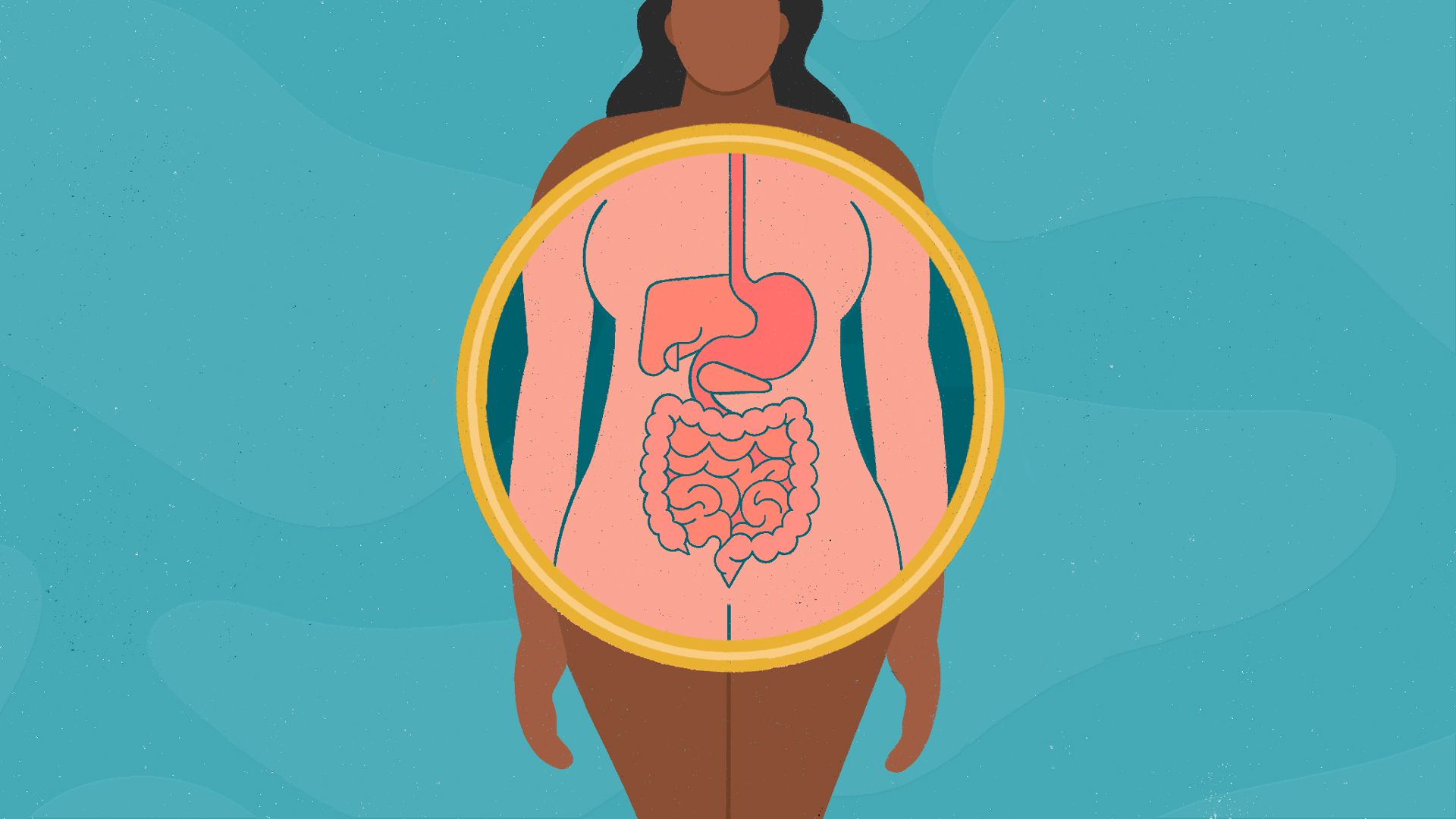
ulcerative colitis
6 Need-to-Know Nutrients for Ulcerative ColitisMedically ReviewedbyIra Daniel Breite, MD|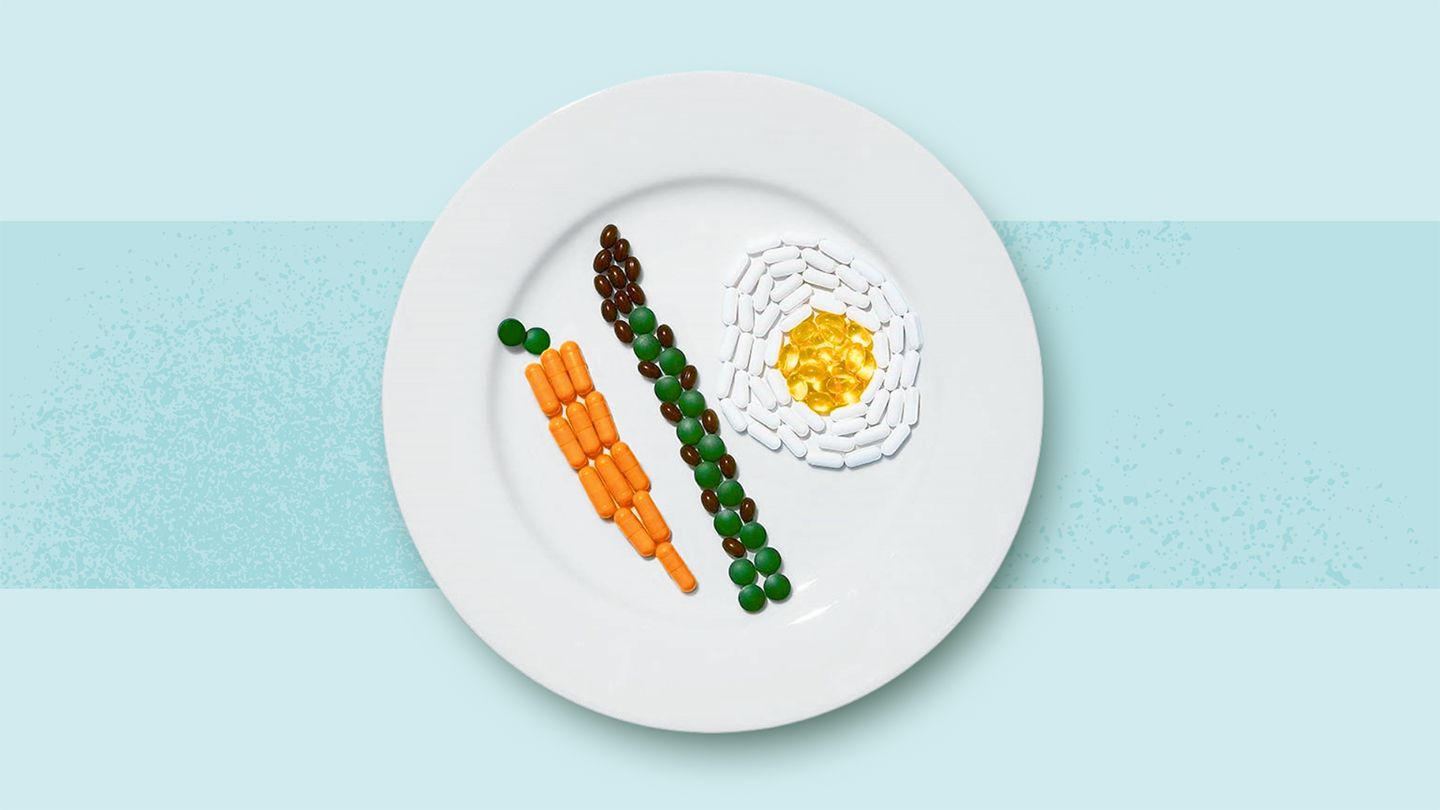
ulcerative colitis
5 Ways to Control Ulcerative Colitis PainMedically ReviewedbyIra Daniel Breite, MD|
ulcerative colitis
Can Aromatherapy and Essential Oils Help Ease Ulcerative Colitis Symptoms?Medically ReviewedbyYuying Luo, MD|
ulcerative colitis
8 Tips to Manage Fatigue if You Have Ulcerative ColitisMedically ReviewedbyYuying Luo, MD|
ulcerative colitis
The Pros and Cons of Biologics for Ulcerative ColitisMedically ReviewedbyYuying Luo, MD|
ulcerative colitis
A Comprehensive Guide to Ulcerative Colitis MedicationsMedically ReviewedbyIra Daniel Breite, MD|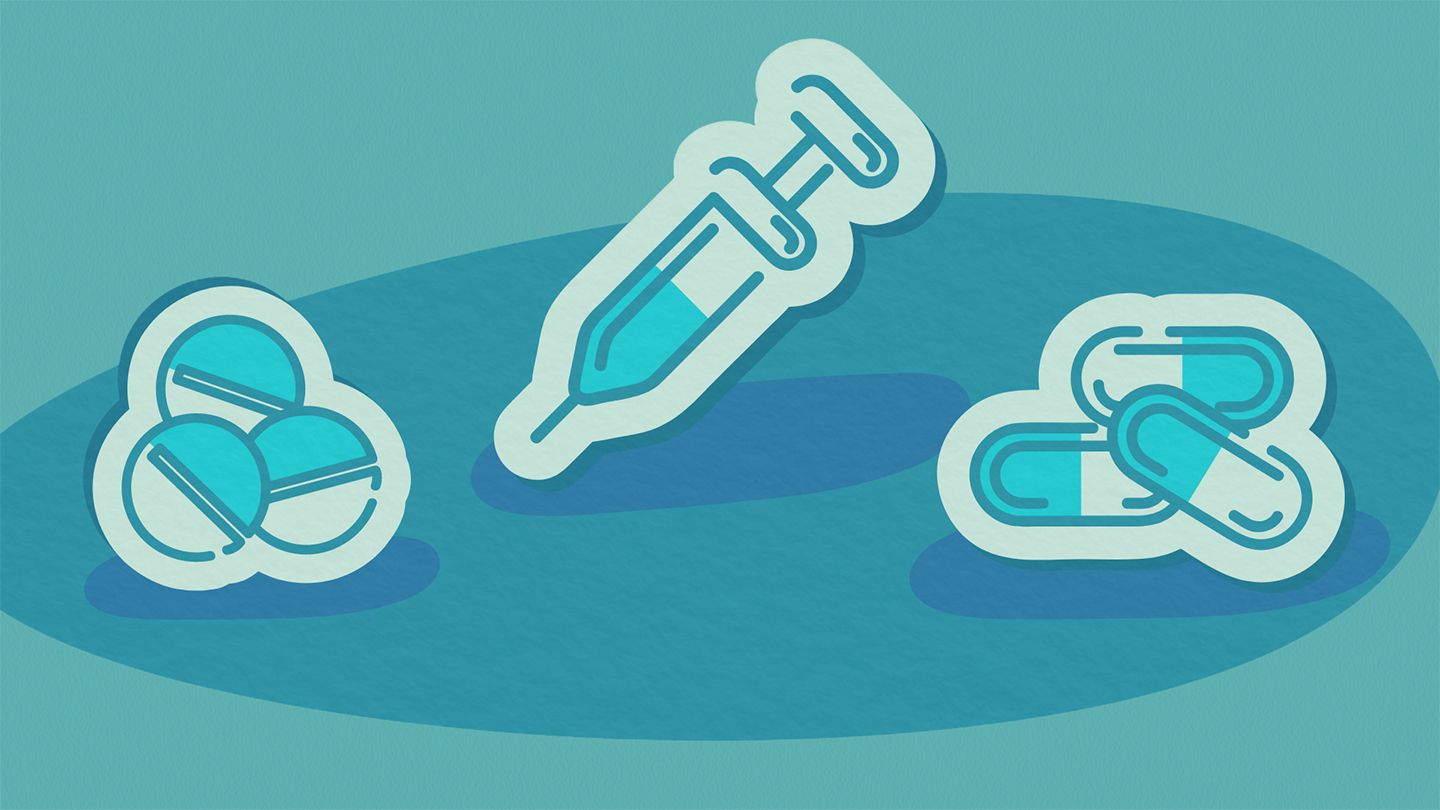
ulcerative colitis
Treatment Options for Ulcerative ColitisMedically ReviewedbyIra Daniel Breite, MD|
ulcerative colitis
FDA Approves Skyrizi (Risankizumab) for Ulcerative ColitisPublished on